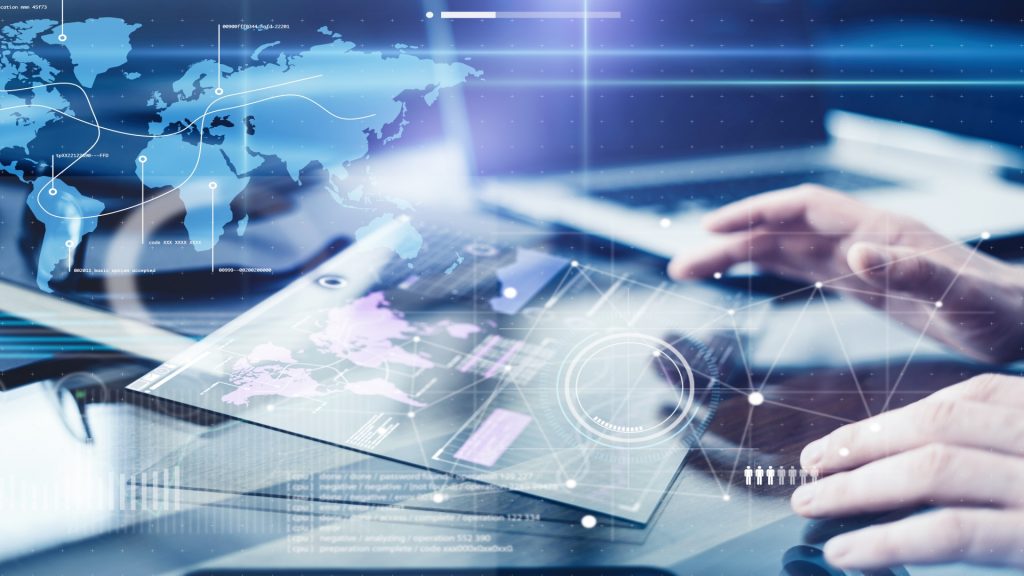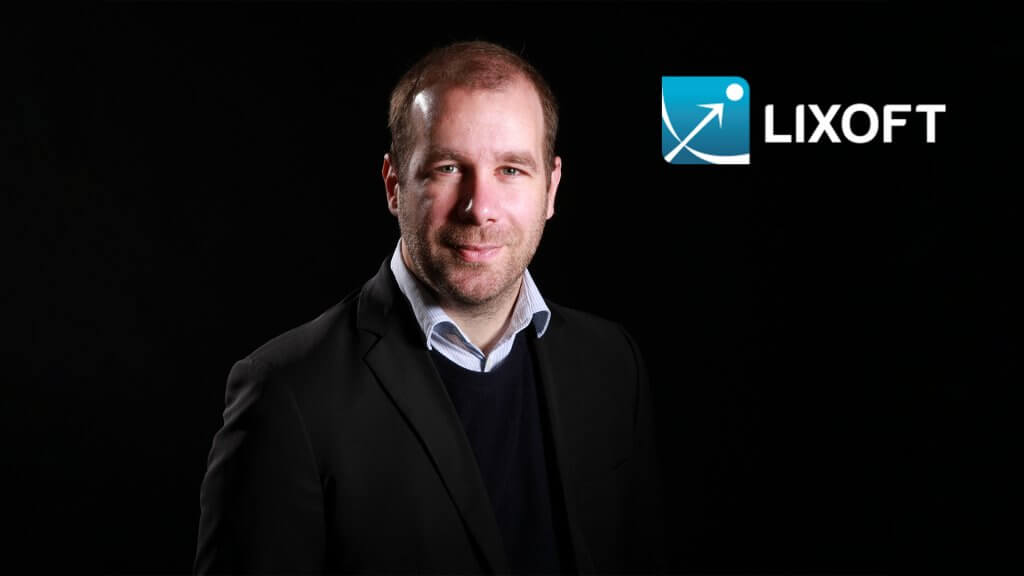
Seal Software is the leading provider of artificial intelligence-based solutions for contract discovery, extraction, and analytics. We got the chance to speak to them about how they have grown to becoming leaders in their industry, and why they continue to strive towards further success. Seal Software was founded in the UK in 2010, and now has its headquarters in San Francisco. The company has consistently gone from strength to strength, and today has offices in London, New York, Munich, and a R&D facility in Gothenburg Sweden.
Can you tell us about the solution Seal Software provides?
Many large organisations have contract documents across document repositories, file servers, shared drives and laptops, and they truly do not know where they all are located. More importantly, they cannot track all of the key terms, provisions, and clauses contained in their contracts. This means they overspend, do not take advantage of negotiated revenue opportunities, and add excessive risk to an organisation.
Seal Software provides the solution to these problems. We have an enterprise software platform based on machine learning and natural language processing that performs contract discovery and analytics. It can trawl an organisation’s network to track down and centralise contract documents, and extract a large set of standardised and commonly used terms and provisions.
It can also act as a search engine, so organisations can find specific contract items based on their individual needs, and finally, it can extract sets of data and transition that data, along with contract documents to CRM, CLM, and other business systems.
Can you go into detail about the areas your company specialises in?
There are specific times when an organisation must know what is in its contracts. This can be during an M&A event or divestiture, a change in regulatory mandates, a new product offering or expanding market initiatives, or just when they want to control risk and exposure. In most cases, these organisations will perform a manual review, sending their contracts to a service provider who will read each contract and track the terms and provisions in spreadsheets.
This is a long and expensive process, and if there is a need for additional information, the process must start over. Seal Software is an artificial intelligence platform that has been specifically trained to understand contracts. Seal learns as it processes contracts, becoming faster and more accurate over time. It can process 100’s of thousands of contracts in days and weeks, and provides user interfaces to track all the relevant data in contracts, and report on key metrics across the entire portfolio.
As for your clients, who do they typically tend to be and how do you approach them?
From our perspective, every client is different and there are many types of organisations that use Seal Software. Generally speaking, they include Financial Services organisations that want to track the details of their ISDA/CSA contracts, their regulatory compliance initiatives around SR14-1, Living Wills, and other recovery and resolution planning (RRP) initiatives.
Furthermore, high technology clients often use Seal to manage their M&A initiatives, including due diligence and post-sale integration, and divestiture. Similarly, life sciences and healthcare customers use Seal for a variety of areas including procurement, M&A, and regulatory areas across HIPAA, data breach obligations, and so on.
Finally, clients across industries use Seal for sales/ customer contracts, regulatory mandates such as IFRS 15 and 16, and as the first step in their broader Contract Lifecycle Management (CLM) initiatives. We are active in industry associations, and clients seek us out to help solve the challenges they face in getting to the data in their contracts. It is often by word of mouth that new clients find Seal.
What are your thoughts on the growing use and trend of contract automation within the legal field? Are you for or against? Do you see the benefits or downfalls?
Contract discovery and analytics and CLM (Contract Lifecycle Management) are rapidly growing applications of technology, and are very much needed for most organisations. Legal professionals play several roles within organisations. The highest level is to provide skilled guidance and advise on critical business issues and decisions. The second area is ongoing management of legal issues within the organisation, including contract development and management.
The third is the acquisition of all the data and intelligence to power the decisions needed to cover the first two areas. This is usually very manual, time consuming and expensive when legal professionals are performing this function as well. Data extraction and management in legal should be automated in every way possible, to save significant time and money, and allow legal professionals to focus on providing legal guidance and advice and informing business decisions.
It has been reported that there has been a sharp increase in the use of contract automation. Where do you see this trend going? Could it one day do away with the need for contract lawyers altogether?
This trend will absolutely continue to grow, and technologies such as the artificial intelligence of Seal will expand in usage. We will also see new technologies such as Blockchain introduced into contract management to enhance the negotiation and transactional nature of contracts. As mentioned above, these technologies will automate the lower value and time consuming aspects of contracts, and allow skilled lawyers to focus on legal guidance based on the data provided through technology and automation.
The growing trend of contract automation comes as no surprise to us, as we see every day how beneficial it is to businesses. At Seal Software, we believe more and more people will realise the value that technology can bring, and we will continue to develop and innovate our technology to provide even greater innovation, utility and value for our clients.
Company: Seal Software
Name: Ulf Zetterberg, CEO
Web: www.seal-software.com





















